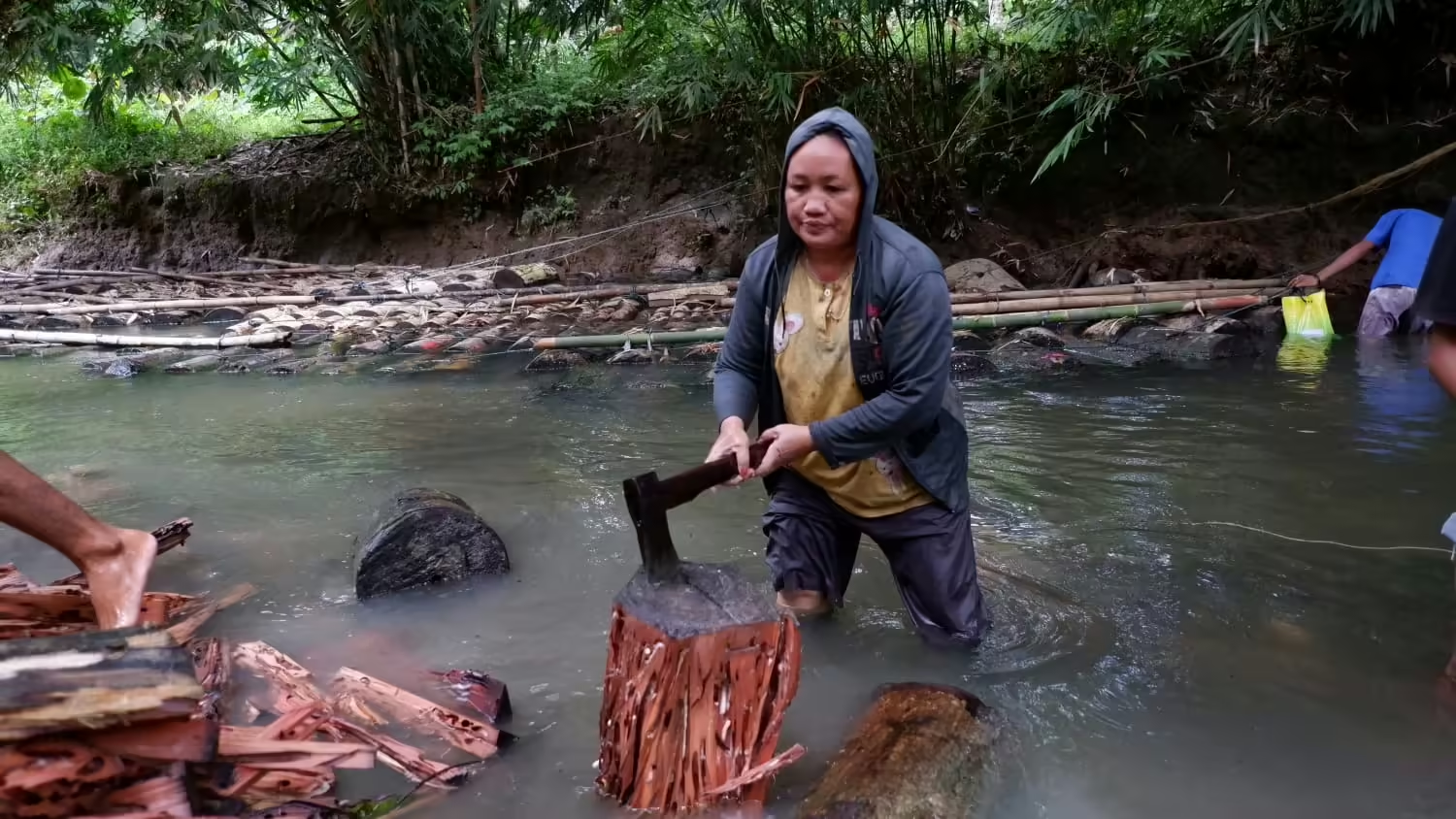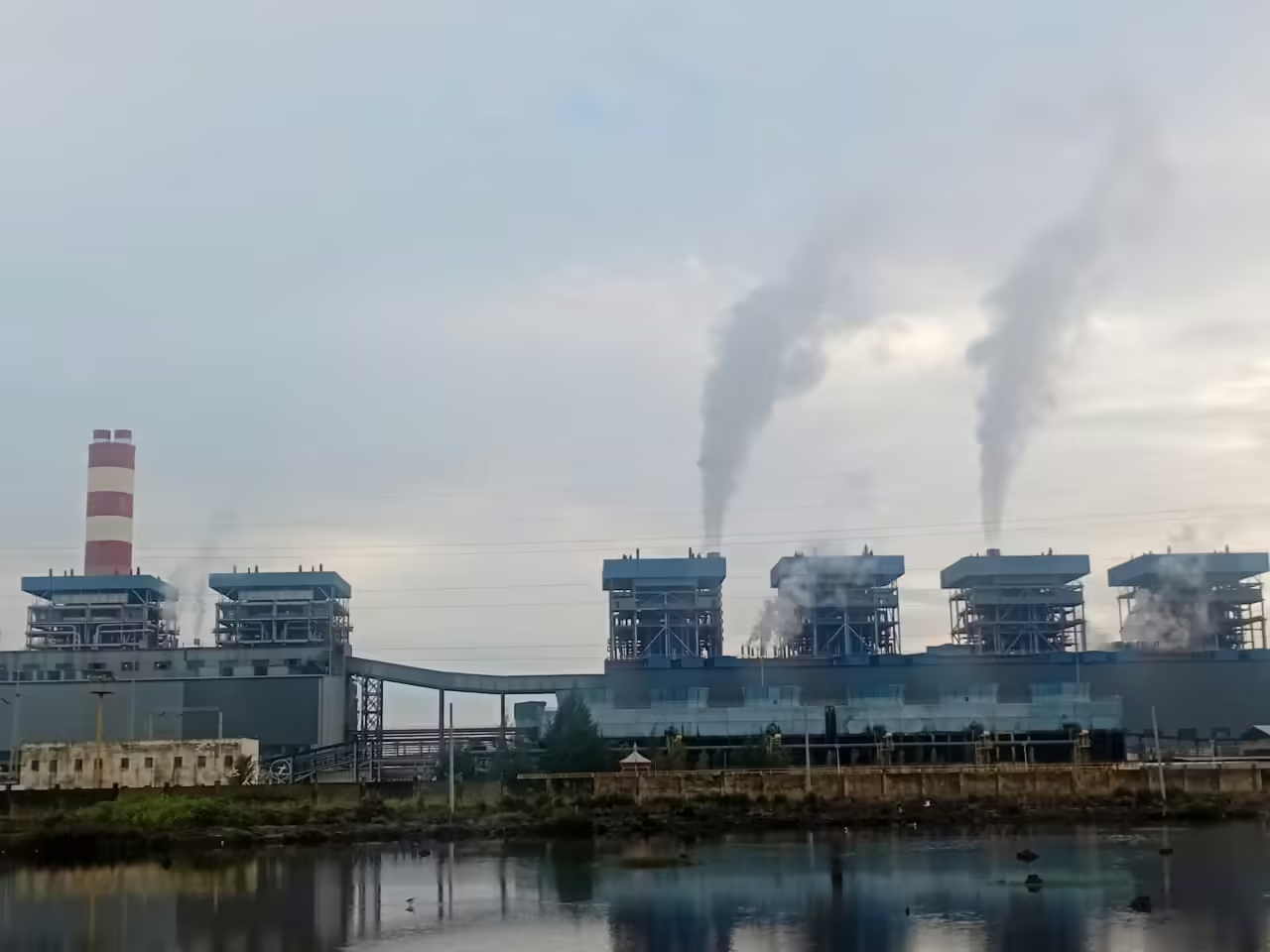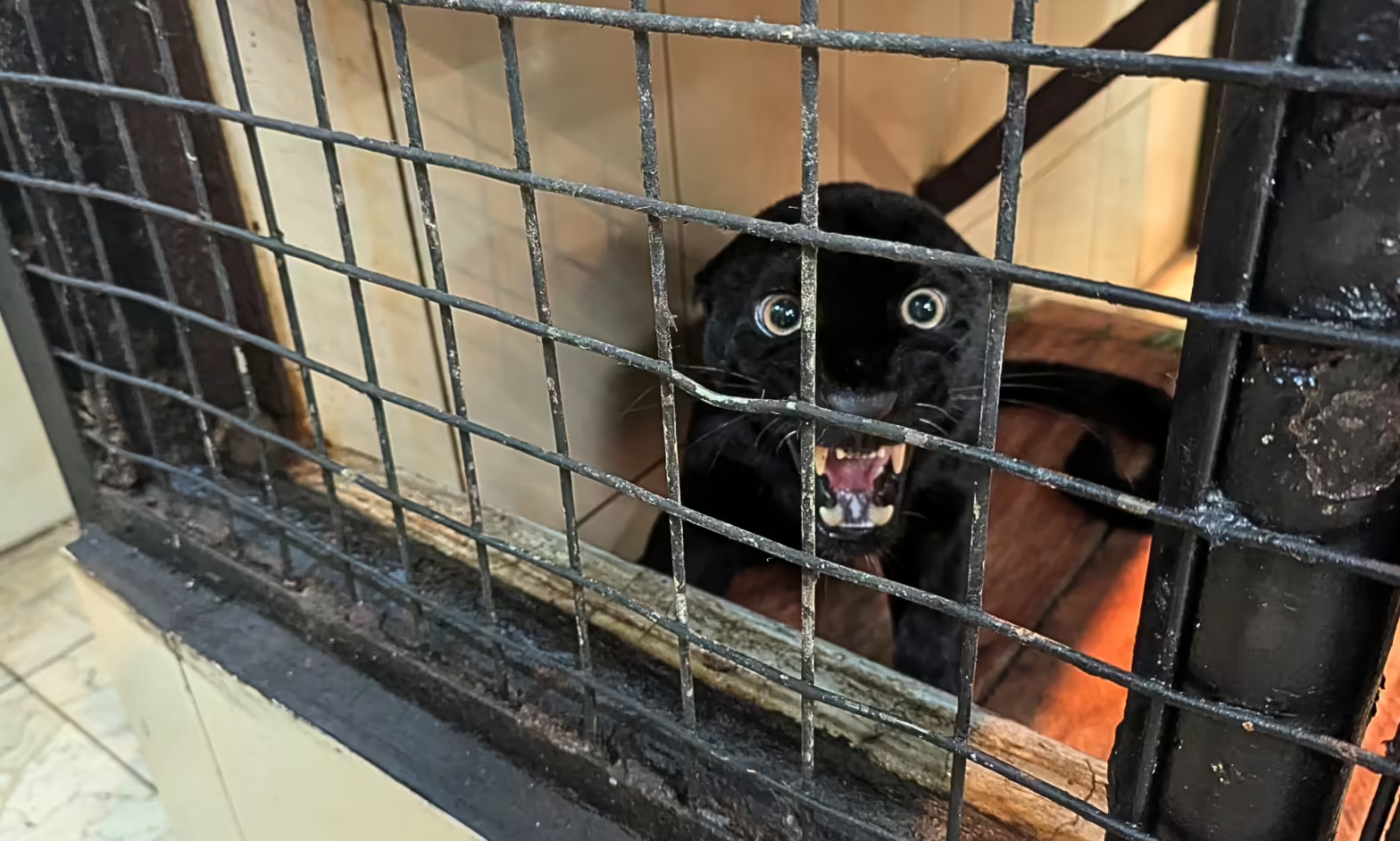The young generation is taking the lead in pushing for climate action and justice, as low-lying countries in Asia and the Pacific and more communities are dealt with higher risk from climate impacts.
“Our existence is at stake. The consequences of a burning planet are coming and are already felt in many parts of the world by our people,” said Lavetanalagi Seru, coordinator of the Fiji-based Alliance for Future Generations. “We are on a suicidal [course] and we need to act courageously, urgently and boldly. And human rights should underpin the actions we take.”
Seru was among thousands of protesters, many of them youths like himself, gathered in New York on Sept. 20 for a global climate strike to highlight the urgent need to tackle climate change. Having arrived from his village in Fiji, Seru brought the dire message that some islands have already been submerged completely and that more people will be forced to move in the coming years, posing a massive challenge for regional governments in terms of dealing with internal displacement.
“Young people have certainly realized the gravity of the climate catastrophe,” he said. “We share our frustrations [with] the lack of political will and climate inaction from our leaders and from our governments. Let us rise to the challenge … or we shall be judged by a jury that is yet to be born.”

The activists have also filed a petition with the U.N. Human Rights Commission, seeking to hold polluters accountable for the human rights violations arising from the climate crisis.
At the protest in New York, one of a series that took place in 150 cities around the world that same day, the young protesters chanted “This is what democracy looks like” and “Climate justice now.” Children and adults alike carried banners and placards as they marched in unison along the streets of New York. The mass protest evolved from a solitary show of defiance by Swedish student Greta Thunberg two years ago and hit a high this week ahead of a Global Climate Summit in New York timed to coincide with the annual United Nations general assembly.
“We are yet not done. We are just getting started,” said Alexandria Villaseñor, co-founder of US Youth Climate Strike. “For the past year, the youth has become the moral voice on the climate crisis, urging adults and world leaders to listen to scientists and take action for as long as it takes. The future of our generation and all humanity is at stake. And we will not stop until we will have one.”
In October last year, the U.N. Intergovernmental Panel on Climate Change (IPCCC) released a stark warning that the world needs to make a rapid and deep cut in greenhouse gas emissions to hold global warming to a maximum of 1.5 degrees Celsius (2.7 degrees Fahrenheit) over the pre-industrial baseline.
“Our existence is at stake. The consequences of a burning planet are coming and are already felt in many parts of the world by our people,” – Lavetanalagi Seru, coordinator of the Fiji-based Alliance for Future Generations
Villaseñor said young people were demanding that world leaders and governments attending the U.N. climate summit respond to their pleas to stop all fossil fuel infrastructure projects globally and transition to a 100 percent renewable energy economy. They are also demanding that polluters be held accountable for the damage they are causing to the planet.
“We are expecting world leaders to take bold climate action in order to give us the stable climate system that is our right as young people and as the generation that will be affected by the climate crisis,” Villaseñor said. “If our demands are not met at the U.N. Climate Summit, we are coming back again, larger and fiercer each time.”
Speaking before more than 250,000 people who joined the march in New York, Thunberg said young people will spearhead the pressure campaigns on governments by pushing public demands to address the climate crisis.
“This is an emergency. Our house is on fire,” she told the crowd at Battery Park in Manhattan. “It is not just the young people’s house. We all live here and it affects all of us. We will not just stand aside and watch.”

Grassroots movement gains non-profit support
Various environmental and human rights organizations also supported the youth-led march for climate action.
Naderev “Yeb” Saño, executive director of Greenpeace Southeast Asia, called the climate strike “a demonstration of the collective indignation of peoples and movements around the world, buoyed by fresh energy from the world’s children and youths clamoring for climate justice and ambitious action.”
“The strikes represent the will of the people,” he said, “and as we lose faith in our political and business leaders, we gain hope and inspiration that the people will rise up and make another world possible, and we will be unstoppable.”
Saño cited the example of the Philippines, which this past week filed a petition with the U.N. Commission on Human Rights to hold big polluters accountable for the human rights implications of the climate crisis. He said the final memorandum filed with the commission summarizes the scientific and legal evidence about how major carbon emitters have contributed significantly to climate change and its resultant human rights impacts.
“It will show how the fossil fuel industry misled and deceived the public on the science and the climate harms these have caused and continue to cause the Filipinos,” Saño added.

Leon Dulce, national coordinator of the Kalikasan People’s Network for the Environment, a Philippine non-governmental organization, said the lack of political will from governments to address climate change is bizarre.
“Philippine President Rodrigo Duterte, for instance, must immediately declare a ‘climate emergency’ that would expedite a comprehensive climate adaptation and resiliency package that will subsidize our farmers, workers and marginalized communities for long-term ecosystems protection and restoration, disaster risk reduction and economic and social protection,” Dulce said.
He added that such a declaration must also lay out a master plan for a just transition toward renewable energy and national industrialization based on people’s needs, as well as put in place a mechanism for international advocacy to call on top climate-polluting countries and corporations to commit to deep and drastic emissions cuts and adaptation fund pledges.
“As a consistently top climate-vulnerable nation, the Philippine government is not doing enough to keep us afloat in the deluge of the climate crisis,” Dulce said.
Philip Alston, co-chair of New York University’s Center for Human Rights and Global Justice, said: “human rights will be rendered increasingly meaningless unless we act immediately.”
“Climate change has been called a ‘false alarm’ but it is an alarm that will end up killing many of our children, and at least some of us,” Alston said. “The future disasters flowing from climate change are moving from possibilities to certainties.”
This story is part of Covering Climate Now, a global collaboration of more than 300 news outlets worldwide designed to strengthen coverage of the climate story. A version appeared in Mongabay on Sept. 22, 2019.



